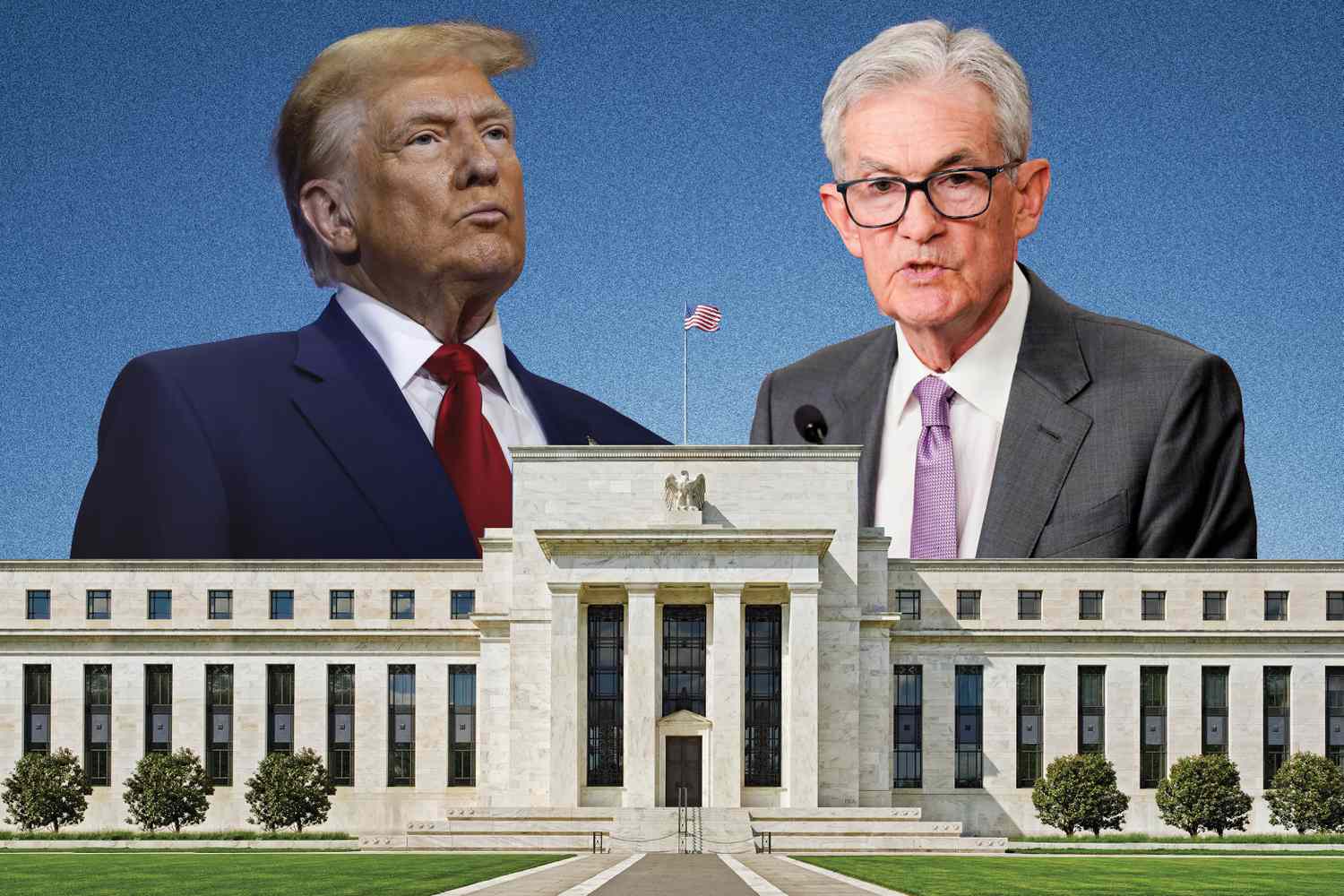- Trump targets 3-4 candidates to replace Powell amid harsh criticism of his policies.
- Powell stays cautious on rate cuts despite pressure from Trump and executives.
- Lutnick cites $30B monthly tariffs to support lowering rates and reducing deficits.
U.S. President Donald Trump has revealed he is considering three to four candidates to replace Jerome Powell as Federal Reserve Chair when Powell’s term expires in May 2026. Trump has openly criticized Powell’s handling of interest rates, describing him as lacking capability and attributing rising government debt costs to his policies. Meanwhile, Powell continues to adopt a cautious stance on rate cuts despite calls from Trump and financial executives to aggressively ease monetary policy.
During a press conference at the NATO summit in The Hague, President Trump criticized Powell’s leadership, labeling him “a very stupid person” and “terrible.” Trump blamed Powell’s reluctance to reduce interest rates for increased debt servicing costs, estimating that a three-percentage-point rise in interest rates could lead to $900 billion annually in additional debt payments. According to Trump, this situation could persist for years.
Polymarket identifies several frontrunners for the Fed Chair position, including former Fed Governor Kevin Warsh, National Economic Council Director Kevin Hassett, current Federal Reserve Governor Christopher Waller, and Treasury Secretary Scott Bessent. The list includes a range of candidates with differing backgrounds in economic policy and monetary regulation.
Powell’s Cautious Approach to Interest Rates
Jerome Powell, in recent Congressional testimony, acknowledged that tariffs could place upward pressure on inflation but noted that inflation levels have not shown a marked increase to date. Powell emphasized the Federal Reserve’s commitment to adjusting interest rates based on evolving economic data, highlighting that further rate reductions might occur in 2025 if inflation eases or if the labor market weakens.
Despite these statements, Powell has resisted calls for immediate rate cuts, maintaining that decisions will depend on economic indicators rather than political pressure. Trump has suggested that Powell’s hesitancy may be influenced by political motives rather than purely financial considerations.
Tariff Revenues and Calls for Rate Cuts
Howard Lutnick, CEO of Cantor Fitzgerald, added to the debate by pointing to tariff revenues as a financial factor the Fed should consider. Lutnick stated that tariff collections currently generate over $30 billion per month, revenues that could help reduce the federal deficit and ease borrowing costs.
Lutnick argued that lowering interest rates would provide substantial fiscal benefits, including saving hundreds of billions of dollars in interest payments with each percentage point cut. These savings could translate into improved tax revenues and a lower federal deficit, aligning with President Trump’s arguments for a more aggressive monetary policy stance.

